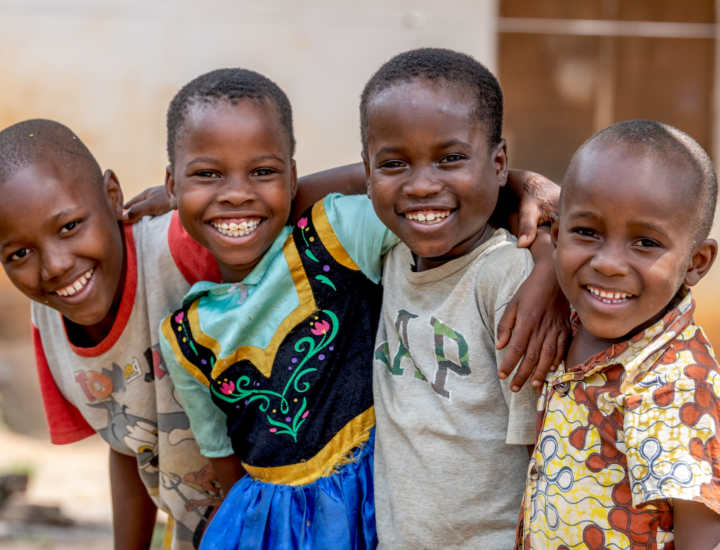Fighting to end the cycle of poverty and disability
CBM Global works alongside people with disabilities in the world’s poorest places to transform lives and build inclusive communities where everyone can enjoy their human rights and achieve their full potential.
Our Vision and Mission
If you are poor, you are much more likely to have a disability because of poor nutrition and unsafe working conditions, as well as lack of access to medical care, clean water and sanitation. The negative impact of climate change is being tangibly felt by communities in countries across the Global South and it brings into sharp focus the disproportionate effect that climate change is having on people with disabilities. The discrimination and exclusion faced by people with disabilities in health, education, and livelihood, for example, results in an increased risk of vulnerability and the likelihood to become and stay poor. But this vicious cycle of poverty and disability can be broken.
At CBM Global, we have a vision for an inclusive world in which all people with disabilities enjoy their human rights and achieve their full potential.
We are driven by our mission: Fighting to end the cycle of poverty and disability.

CBM Global Disability Inclusive Development
Prior to the COVID-19 pandemic, the world had been making progress in tackling poverty. Despite this, people with disabilities were being left behind. The pandemic now threatens to undo progress towards ending extreme poverty and is revealing the extent of the exclusion and discrimination that people with disabilities have been experiencing.
CBM Global’s program and initiatives are driven by some stark facts:
- One in seven of us has a disability — that is more than a billion people around the world, 80% of whom live in developing countries.
- One in five (20%) of the poorest people living in developing countries has a disability.
- There is a vicious cycle of poverty and disability. If you are poor, you are much more likely to have a disability because of poor nutrition and unsafe working conditions, as well as lack of access to medical care, clean water and sanitation. The discrimination and exclusion faced by people with disabilities in health, education and livelihood, for example, results in increased risk of vulnerability and the likelihood to become and stay poor.
- Millions of people with disabilities are currently affected by humanitarian crises. People with disabilities are the most likely to be worst affected and least likely to get help.
- The COVID-19 crisis is disproportionately affecting people with disabilities. Some of the key issues include a lack of accessible life-saving public health information, lack of support in putting hygiene measures into practice, lack of accessible health facilities, and in some countries, negative attitudes and vaccine access.
